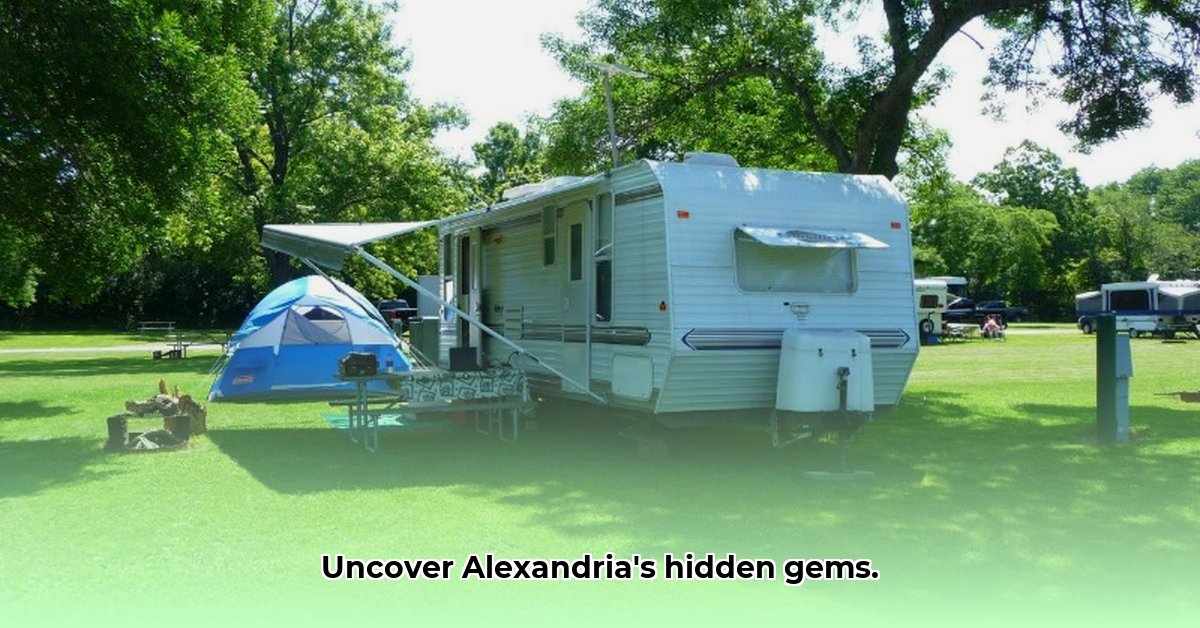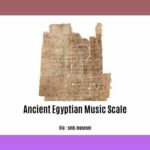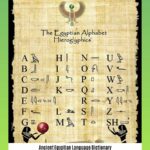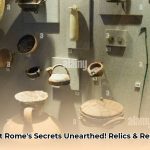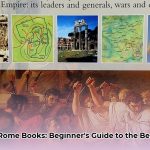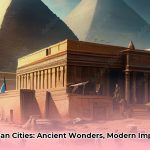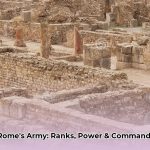From Ancient Wonders to Modern Recreation: Unraveling the Legacy of Alexandria
The name “Alexandria” echoes across continents and millennia, evoking images of ancient libraries, bustling ports, and colonial charm. But what connects these diverse locations, each bearing the same name? This article explores the multifaceted legacy of Alexandria, from its Egyptian origins to its presence in modern America, revealing the unique stories and experiences each location offers. We’ll also delve into the challenges and opportunities surrounding the preservation and accessibility of these historical and recreational sites. For more examples of historical site preservation, see this related project.
Ancient Alexandria: A Beacon of Knowledge and Cultural Exchange
Our journey begins in ancient Egypt, where Alexander the Great founded a city that would become a beacon of Hellenistic civilization. Alexandria, strategically located at the crossroads of Europe, Asia, and Africa, quickly became a hub for trade, learning, and cultural exchange. The legendary Library of Alexandria, a repository of ancient wisdom, and the awe-inspiring Lighthouse, one of the Seven Wonders of the Ancient World, symbolized the city’s intellectual and maritime prowess. Today, archaeological discoveries continue to unveil the mysteries of this ancient metropolis, offering glimpses into its vibrant past and its enduring influence on the world. What stories do these remnants tell, and how can we preserve these fragile connections to the past?
Alexandria, Virginia: A Colonial Crossroads and American Legacy
Centuries later, on the shores of the Potomac River, another Alexandria emerged, playing a pivotal role in the shaping of colonial America. This vibrant port city became a center for trade, particularly in tobacco, and a melting pot of cultures. Its streets witnessed key moments in American history, from the Revolution to the Civil War, and its close proximity to the nation’s capital cemented its importance in the political landscape. Today, Old Town Alexandria stands as a testament to this rich history, its cobblestone streets and preserved architecture offering a tangible connection to the past. How did this colonial Alexandria contribute to the development of the United States, and how do its residents and visitors engage with its historical significance?
Alexandria, Nebraska: A Natural Oasis and Recreational Retreat
Our exploration concludes in the American heartland, where the name “Alexandria” takes on a new meaning, representing a tranquil escape into nature. The Alexandria State Recreation Area (SRA) in Nebraska offers a haven for outdoor enthusiasts, providing opportunities for fishing, camping, and picnicking amidst picturesque lakes and mature trees. However, accessing accurate and up-to-date information about this recreation area can be challenging, with conflicting details about acreage, amenities, and available activities. Addressing these information discrepancies is crucial for enhancing visitor experience and ensuring the park’s long-term sustainability. What strategies can be implemented to improve information access and promote responsible use of this natural resource?
Enhancing Visitor Experience and Preserving Alexandria’s Legacy
Bridging the Information Gap: Empowering Visitors to Alexandria SRA
Accurate and readily available information is essential for a positive visitor experience. A multi-pronged approach, encompassing a centralized online platform, on-site verification, cross-platform consistency, and expanded amenities, can significantly improve access to reliable information about Alexandria SRA. Imagine a user-friendly website with interactive maps, real-time campsite availability updates, detailed descriptions of hiking trails, and virtual tours of the park’s facilities. Coupled with consistent information across brochures, local tourism websites, and social media platforms, such a resource would empower visitors to plan their trips effectively and fully appreciate the park’s offerings.
Preserving Alexandria’s Heritage: A Global Perspective
The diverse Alexandrias, united by a shared name, represent a tapestry of human history and cultural exchange. Preserving this rich heritage requires a global perspective and innovative approaches that balance preservation with sustainable development. Geodesign, which integrates geographical information, historical data, and community input, can guide responsible tourism strategies that protect these unique locations while fostering economic growth. Digital documentation, using technologies like Building Information Modeling (BIM) and Virtual Reality (VR), can create immersive experiences that connect visitors with the past, allowing them to explore virtual reconstructions of ancient wonders or stroll through the streets of colonial towns.
Building a Sustainable Future for Alexandria: A Collaborative Effort
By embracing collaborative approaches to preservation, promoting sustainable tourism, and enhancing information accessibility, we can ensure that the legacy of Alexandria, in all its diverse forms, continues to thrive and inspire future generations. These interconnected stories, spanning continents and millennia, remind us of the enduring power of place and the importance of safeguarding our shared history for the benefit of all.
